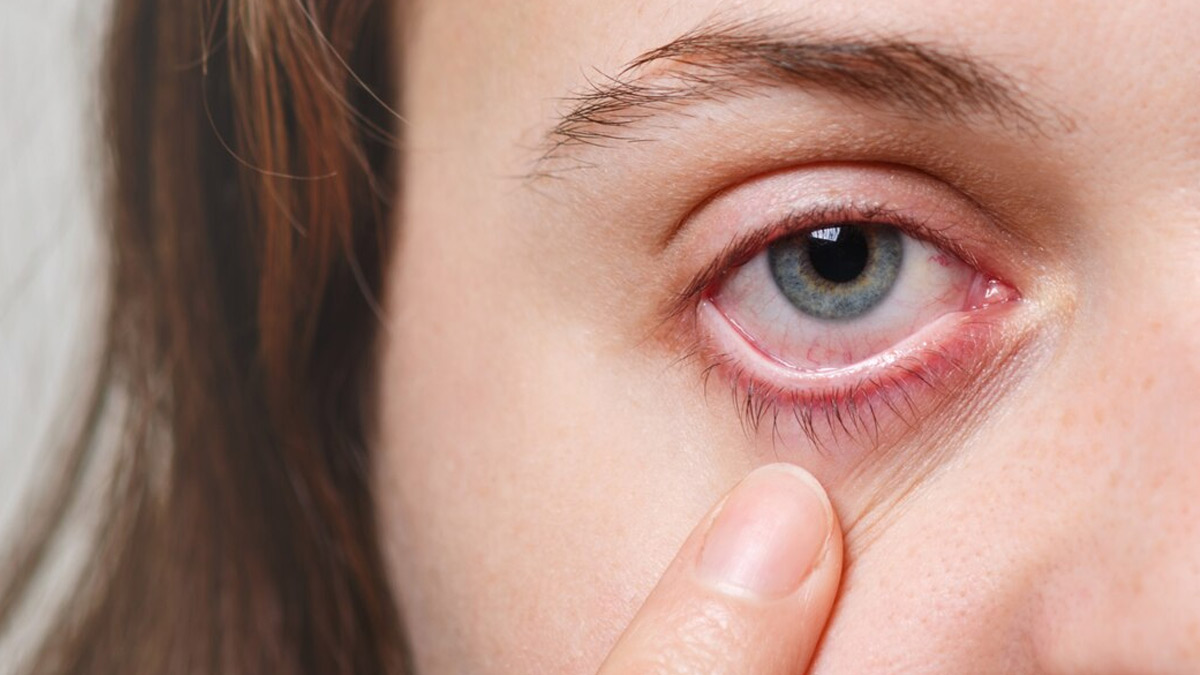
Hypertension, often known as high blood pressure, is defined as the "silent killer" because it often goes undetected until major issues emerge. When unchecked, hypertension can cause a number of health problems affecting many organs and systems in the body.
Heart Disease
“Uncontrolled hypertension puts immense strain on the heart, leading to the thickening of the heart muscles and an increased risk of coronary artery disease,” said Dr Khushali Lalcheta, (MD, Internal Medicine), Consultant Physician , HCG Hospital, Rajkot. Over time, this can result in heart attacks, chest pain, and even heart failure.
Stroke
Persistent high blood pressure damages the delicate blood vessels in the brain, making people with hypertension more susceptible to strokes. Strokes, whether ischemic or hemorrhagic, can cause severe and lasting neurological damage.
Also read: Try These 5 Essential Oils For Hypertension Control
Kidney Damage
“Both high blood pressure and diabetes can damage the kidneys. The combination of these conditions intensifies the risk of diabetic nephropathy, a severe form of kidney disease,” Dr Lalcheta said.
Uncontrolled hypertension can damage the small blood vessels in the kidneys, leading to chronic kidney disease and, in extreme cases, kidney failure.
Peripheral Artery Disease
Hypertension contributes to the development of peripheral artery disease, causing reduced blood flow to the limbs, particularly the legs. This can result in pain, cramping, and impaired mobility.
It Can Lead To Diabetic Retinopathy
As per Dr Lalcheta, high blood pressure can affect the blood vessels in the eyes, leading to hypertensive retinopathy. This condition can cause vision problems and, in severe cases, result in blindness.

Cognitive Decline and Dementia
There is a growing body of evidence linking uncontrolled hypertension to cognitive decline and an increased risk of dementia, including Alzheimer's disease.
May Lead To Sexual Dysfunction
Hypertension can adversely affect sexual function. In men, it may contribute to erectile dysfunction, while in women, it can lead to reduced libido and sexual satisfaction.
Metabolic Syndrome
Uncontrolled hypertension often coexists with other risk factors in a cluster known as metabolic syndrome. This combination increases the risk of cardiovascular disease and type 2 diabetes.
Complications During Pregnancy
Elevated blood pressure during pregnancy, such as gestational hypertension or preeclampsia, can lead to complications for both the mother and the baby, including premature birth, low birth weight, and maternal organ damage.

How To Manage Hypertension
Effectively managing blood pressure is an essential part of one's life. Here are some strategies to control and prevent hypertension:
Modify Your Lifestyle
Healthy lifestyle changes, including a balanced diet, regular physical activity, and weight management, can have a substantial impact on blood pressure control.
Monitor Your Blood Pressure
Regular blood pressure checks are essential for individuals with diabetes. Tracking blood pressure at home and reporting the results to a healthcare provider can help identify and address any issues promptly.
Also read: How Can Hypertension Affect Other Organs? Expert Explains
Learn To Manage Stress
“Reducing stress through relaxation techniques, meditation, or therapy can help lower blood pressure. Managing both conditions is essential to prevent complications and enhance overall well-being. By taking control of their health, individuals can break the cycle and enjoy a better quality of life,” said Dr Khushali Lalcheta, (MD, Internal Medicine), Consultant Physician , HCG Hospital, Rajkot
Hypertension, which is uncontrolled, is a major health issue that can silently affect the body's organs and systems. The key to avoiding these consequences is proactive management, which includes lifestyle changes and appropriate medical measures. Hypertension management requires frequent blood pressure monitoring, a good diet, regular exercise, and adherence to recommended drugs.
If you or someone you know is dealing with hypertension, seeking timely medical advice and adopting a heart-healthy lifestyle can make a significant difference in reducing the risk of complications and promoting overall well-being.







